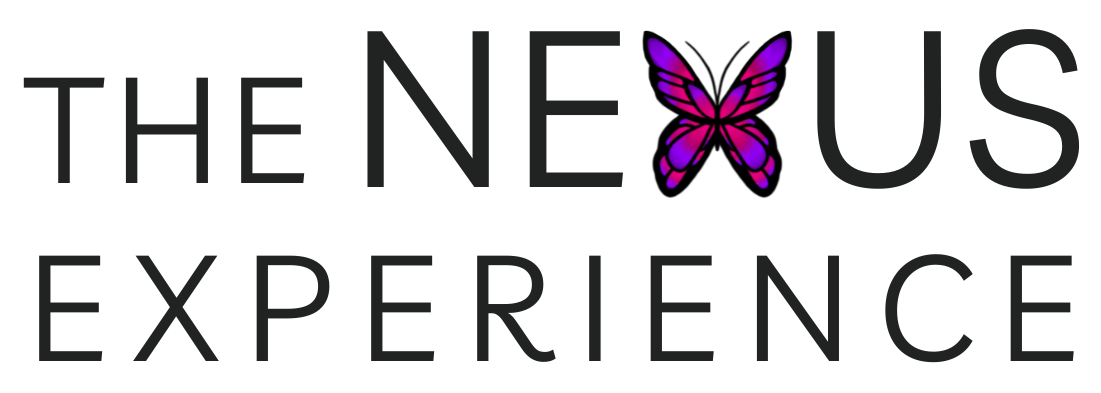Making Work More Meaningful: Mastering Mindset and Navigating Negative Workplace Culture
“In choosing your response, it actually frees you. It frees you to decide the outcome of your circumstances.”
— Grace
Join us in this conversation as one of our co-hosts, Grace, walks through her journey of navigating multiple jobs, pursuing entrepreneurial endeavors, and confronting burnout. Through her experiences, we explore the importance of redefining success, setting boundaries, and prioritizing self-care in the pursuit of a fulfilling work-life balance.
Enjoy.
Listen to this episode on Apple Podcasts, Spotify, Youtube, and Amazon Music.
References from this episode
The 7 Habits of Highly Effective People by Stephen R. Covey | Amazon
Captivate: The Science of Succeeding with People by Vanessa Van Edwards | Amazon
Timestamps
00:00 Start
01:29 Balancing Multiple Jobs and Passions
04:07 Cultural Expectations and Career Choices
09:24 Navigating Toxic Work Environments
16:18 Reactive vs. Proactive Thinking
20:27 The Importance of Rest and Boundaries
26:54 Cultivating Meaningful Work Relationships
31:53 Final Thoughts







